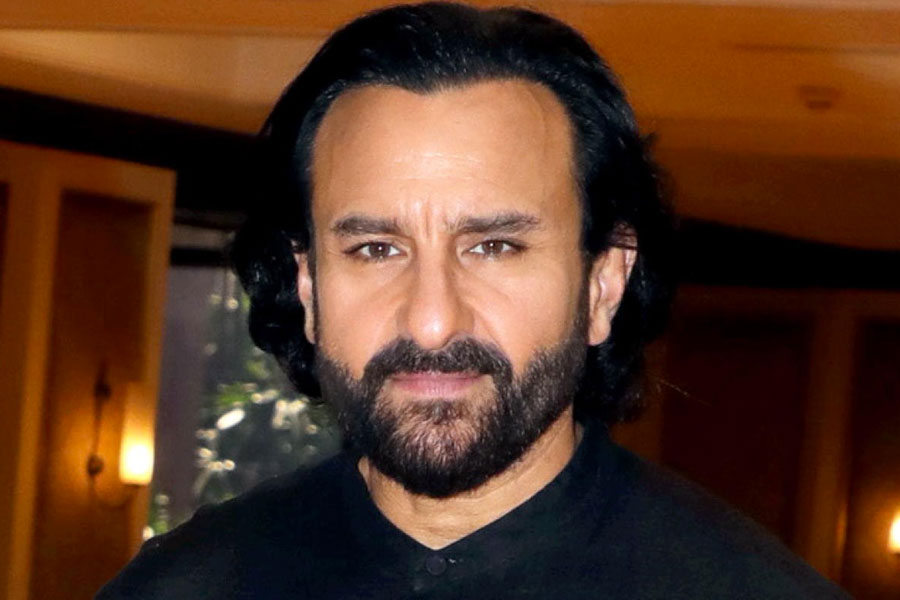The constitution of men and women differ. This might be stating the obvious; yet, for far too long, healthcare research, treatment, and even policy have failed to take into account their differences. The result is a gender gap in healthcare that, new research suggests, adversely affects both men and women. According to a global gender health gap analysis published in The Lancet Public Health, men experience a greater degree of deteriorating health and have a higher burden of diseases — cardiovascular, respiratory or liver ailments — that lead to premature death. Women, on the other hand, live longer than men but experience more years of poor health as they are affected by non-fatal conditions such as musculoskeletal problems, mental health issues and headache disorders causing illness and disability.
The reasons for this difference can be attributed to social mores — in other words, prejudice. For example, the disproportionate burden of housework, caregiving, and social expectations imposed on women contributes to both physical stress — persistent back pain is a manifestation — and psychological stress, the latter exacerbating mental health problems. Men, on the other hand, are more likely to engage in behaviour perceived as risky or aligned with traditional notions of masculinity, such as smoking and heavy drinking, leading to fatal illnesses. However, the roots of the gender gap in healthcare go far deeper. The historical bias in medical research — favouring the male body as the standard template in clinical trials is a case in point — can result in dire consequences. A study on 0.3 million respondents in the United States of America found that the participation of only 41% female participants in cancer trials severely impacted — skewed — the effects of drugs on the respondents. Additionally, the stereotype of the ‘hysterical woman’ continues to haunt modern medicine with women not receiving clinical interventions even when they urgently need them. What can be inferred from all this is that gender coalesces with other discriminatory parameters such as ethnicity, race, and class even in medical science — supposedly an objective realm — resulting in targeted care eluding women. Even when women’s health has targeted policies, India is an example, they are aimed largely at reproductive health. The absence of a healthy sex ratio among clinical practitioners further augments biases and, worse, misdiagnoses. Meanwhile, the United Nations Framework Convention on Climate Change acknowledges that women’s health faces elevated risks from and bears a heavier load of the consequences of climate change. In drought-prone regions of many developing countries, women bear the excess burden of water scarcity that has perilous consequences for their health.
Given that the global economy will lose out on $1 trillion annually by 2040 if the gender health gap is not closed, it is time the scientific fraternity and the policymakers woke up to the gendered realities — biased differences — that afflict global healthcare. Strategies to address the health of women should shed historical biases to be able to take a closer, equitable, humane look at the patient.











